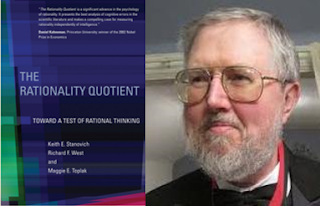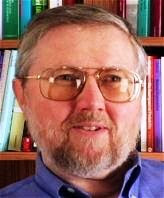A Plea for Broad Rationality

In The Rationality Quotient , which I have interviewed Keith Stanovich about recently, there is an interesting bit in which different conceptualizations of rationality are explained. Roughly there are two conceptualizations of rationality, a thin one and a broad one (a distinction which was first made by political scientist Jon Elster, 1983 ). The thin theory of rationality involves two factors of rationality: instrumental rationality and epistemic rationality.




